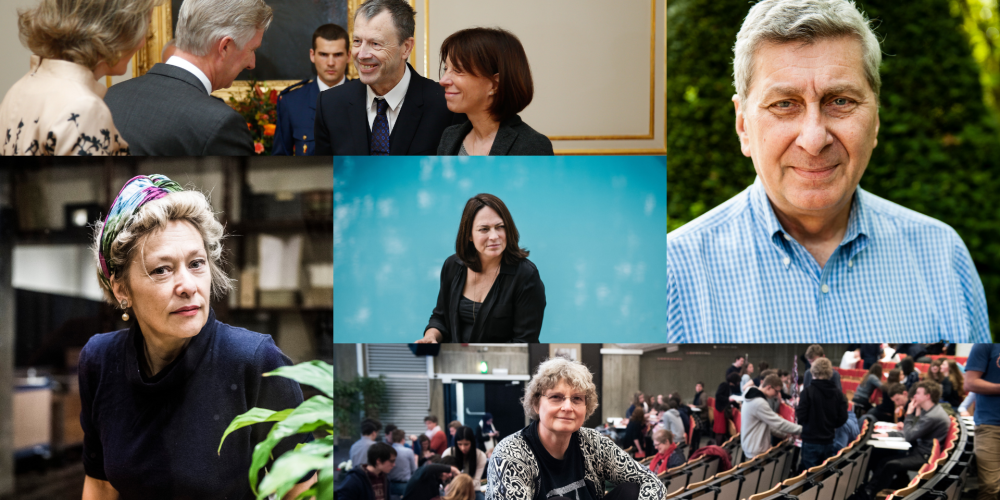
Research that pushes boundaries and shapes our future is a key aspect of any modern-day academic institution. Over the past 50 years, we could count on world-renowned pioneers who managed to put VUB on the map as an epicenter of knowledge and innovation. Down below, we honor five alumni turned academics who garnered international renown for their brilliant minds.
Ingrid Daubechies
Earned her Ph.D in theorethical physics in 1980

Writing on Ingrid Daubechies’ many accolades, from an honorary degree at Harvard University to UNESCO and L’Oréal’s Women in Science award, comes close to penning down a magnum opus. When discussing Daubechies’ pioneering work on wavelets (the mathematical structures that make it possible to upload millions of pictures without breaking the internet), it feels safe to say that her international repute is well-deserved. Nowadays, she teaches at the US-based Duke University, but she still takes time out of her agenda to organize the ‘Wiskunnend Wiske’ competition at the VUB.
Jean Bourgain (1954-2018)
Earned his Ph.D. in mathematics in 1977
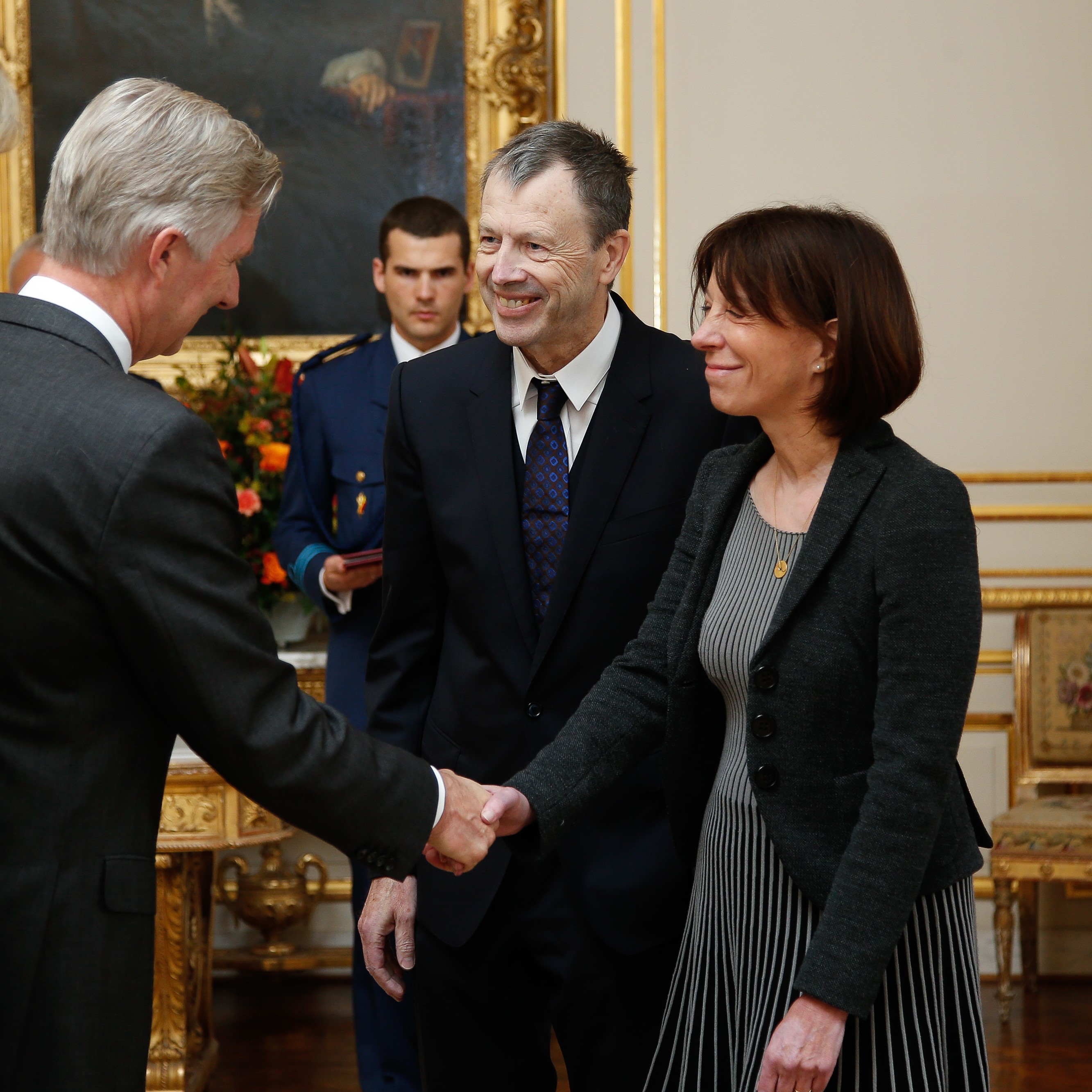
Sadly, we no longer speak in the present tense of Jean Bourgain, but his contributions to the mathematical studies will ensure that his memory lives on. He was an established value at prestigious universities such as the Institute for Advanced study and managed to snag near all important mathematical prices, including the Fields Medal (the equivalent of a Nobel price). Bourgain, however, did not care about the accolades. What mattered to him was the thrill of cracking the code to mathematical sequences or developing new methods for data compression.
Pattie Maes
Earned her Ph.D. in computer sciences 1987
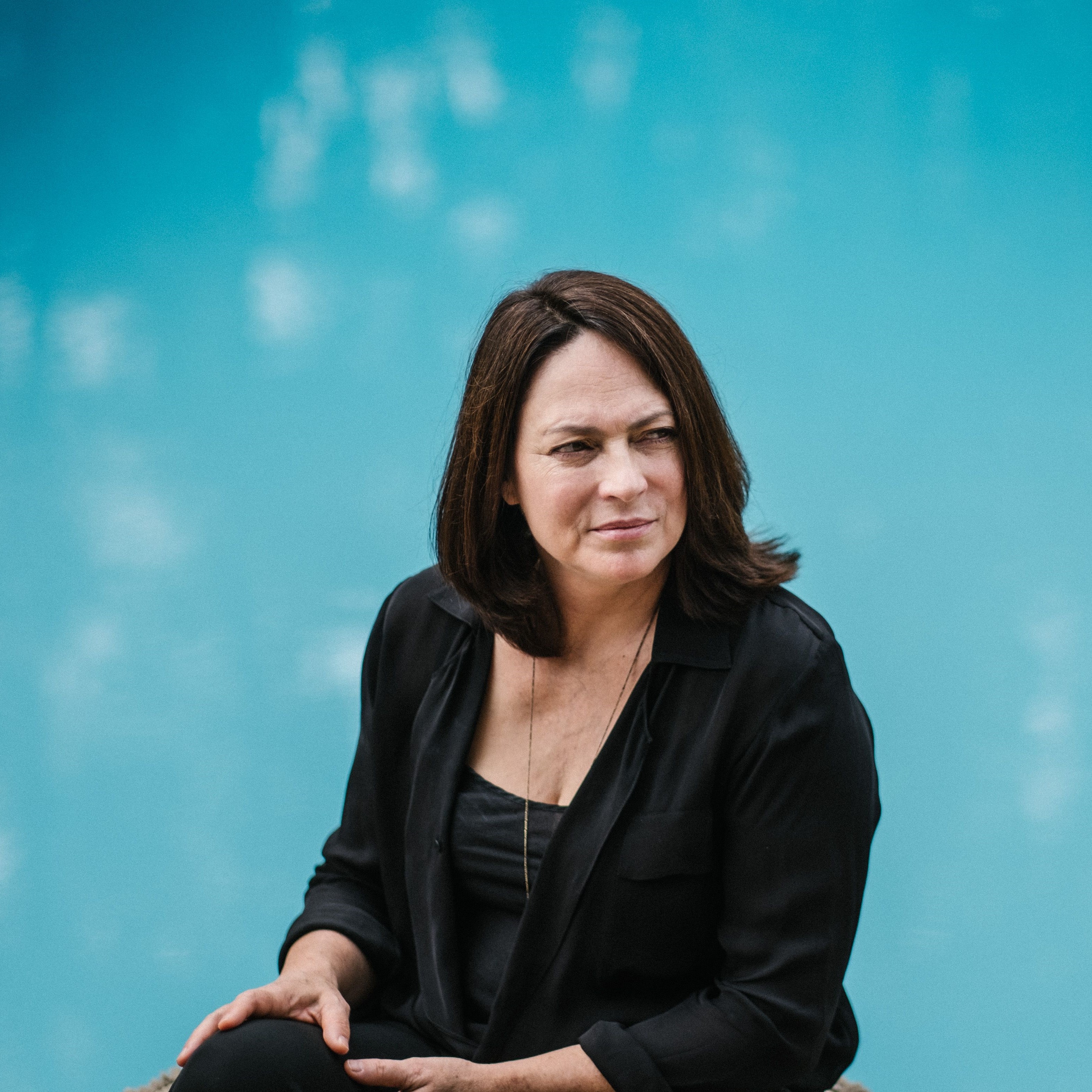
What do the infamous Massachusetts Institute of Technology and VUB have in common? Pattie Maes of course. Following her Ph.D. at the VUB, her academic journey took her to the United States, where she until today researches self-learning software, the relationship between man and machine and ambient intelligence. The World Economic Forum dubbed Maes ‘Global leader for Tomorrow’ for her groundbreaking work and her TED Talk where she introduced the prototype of wearable technology has been viewed over ten million times.
Sophie De Schaepdrijver
Obtained her bachelor’s degree in history in 1982
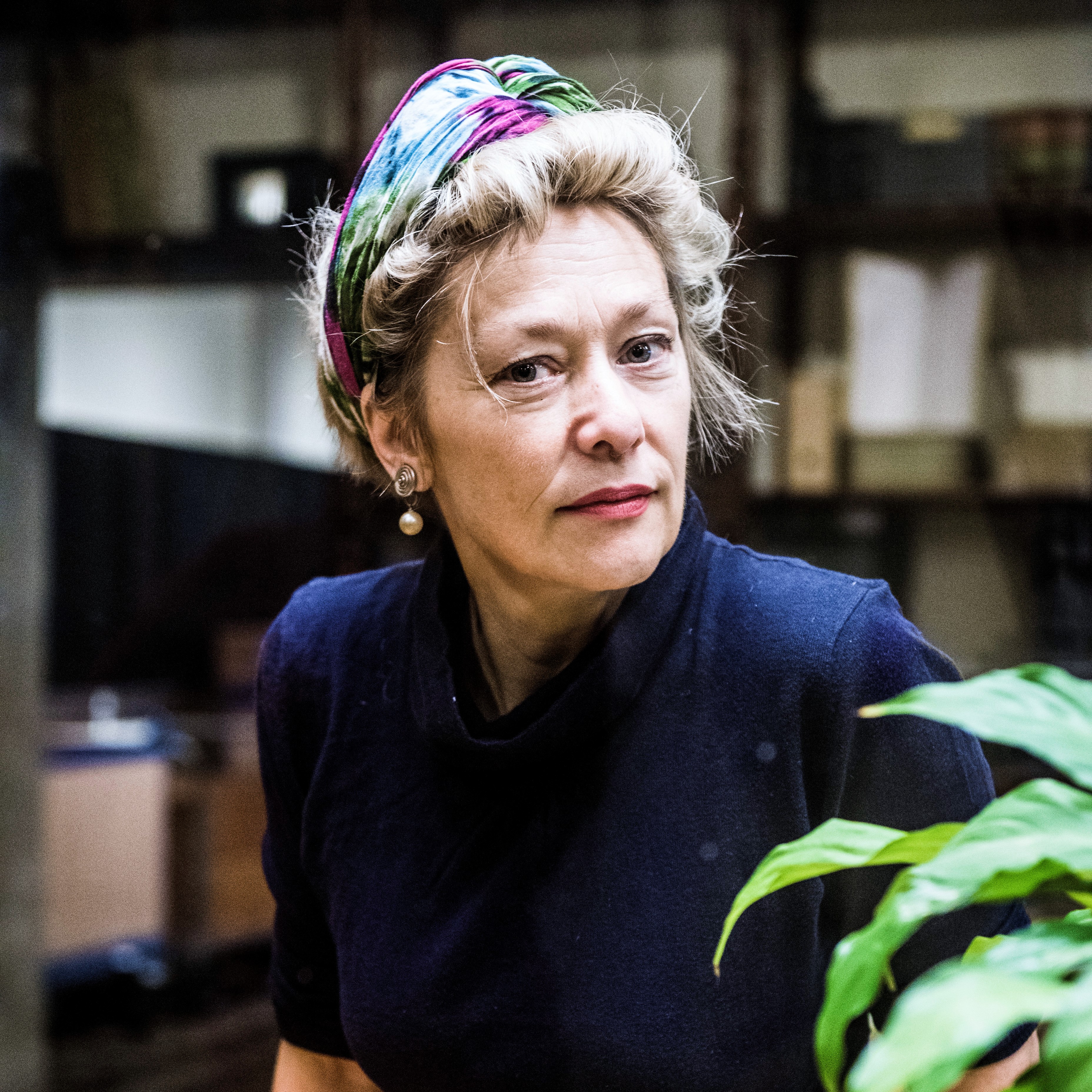
Can a historian make history? If you are acquainted with the track record of Sophie De Schaepdrijver, you will probably answer this question affirmatively. After a pitstop at both the New York and Princeton University, she taught modern European history at the Pennsylvania State University. De Schaepdrijver is held in the highest regard by her peers for her expertise in the fields of migration, regional planning and the first World War. Her acclaimed novel ‘The great war’ reignited academic interest in this dark page in European history.
Clement Hiel
Earned his Ph.D. in applied sciences (electrical engineering) in 1983
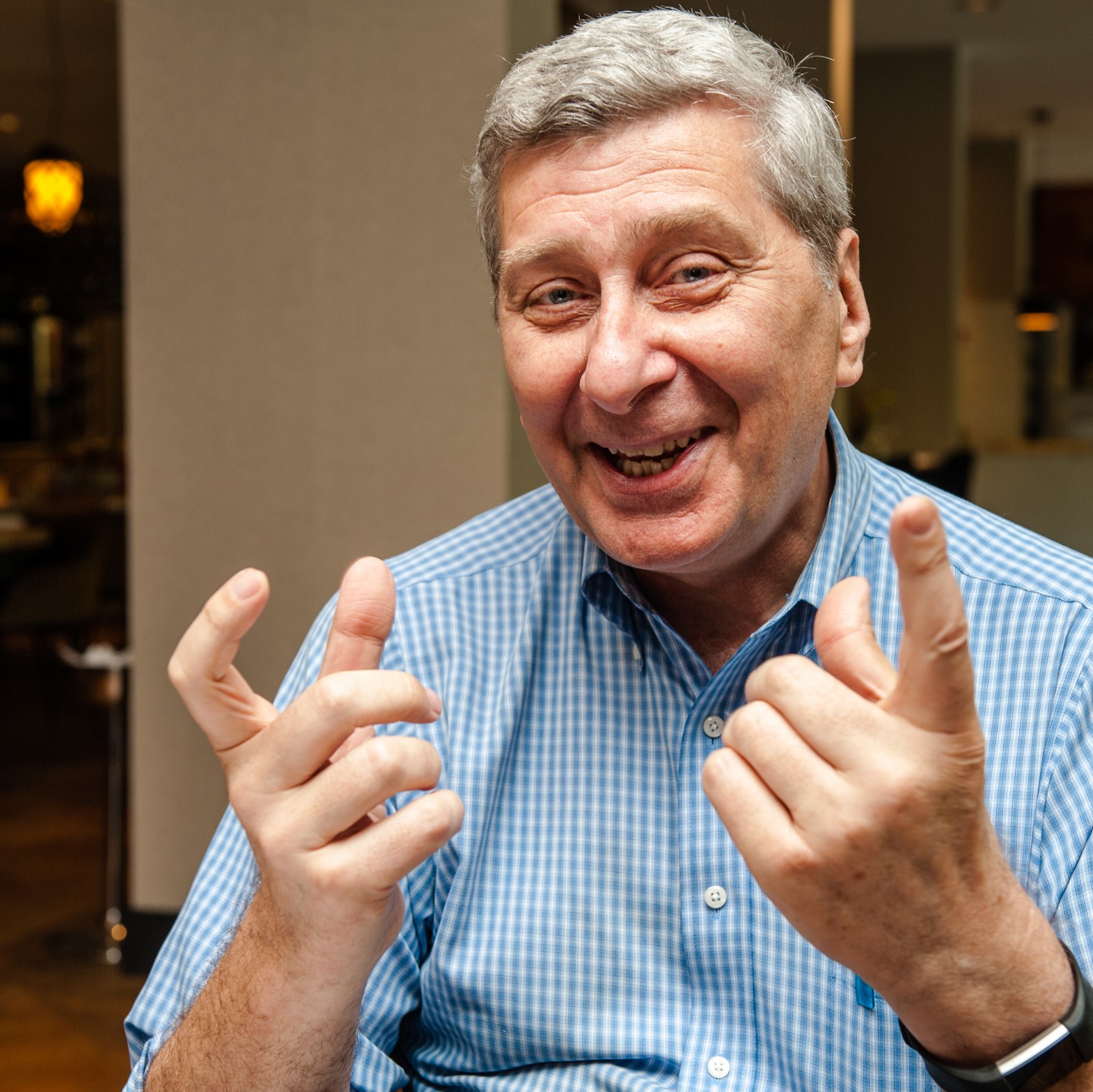
‘Shoot for the stars’ is an apt way to describe the remarkable trajectory of VUB-professor Clement Hiel. As the head of the blooming enterprise ‘Composite Support & Solutions’ that supports clients such as NASA, he makes it his life’s mission to shake up the status quo with featherlight materials and hi-tech applications. His key role in honing modern-day engineering has not gone unnoticed: in 2016 Hiel received the Tibbetts-award from none other than former president Barack Obama for his cutting-edge radar tower.
© Photo credit: Luc De Smet, Engineering.net